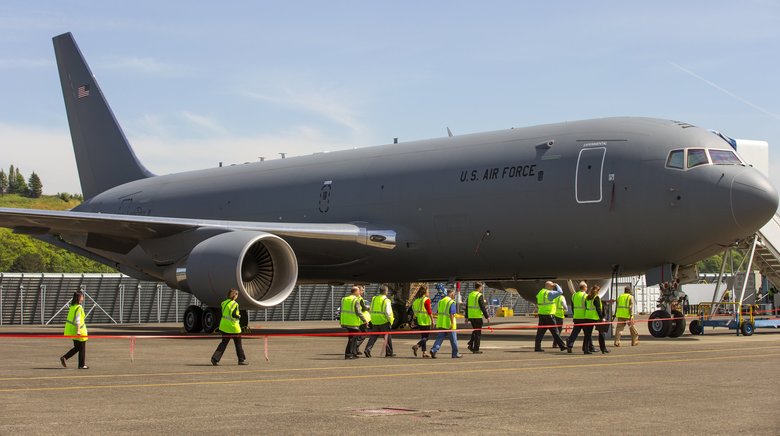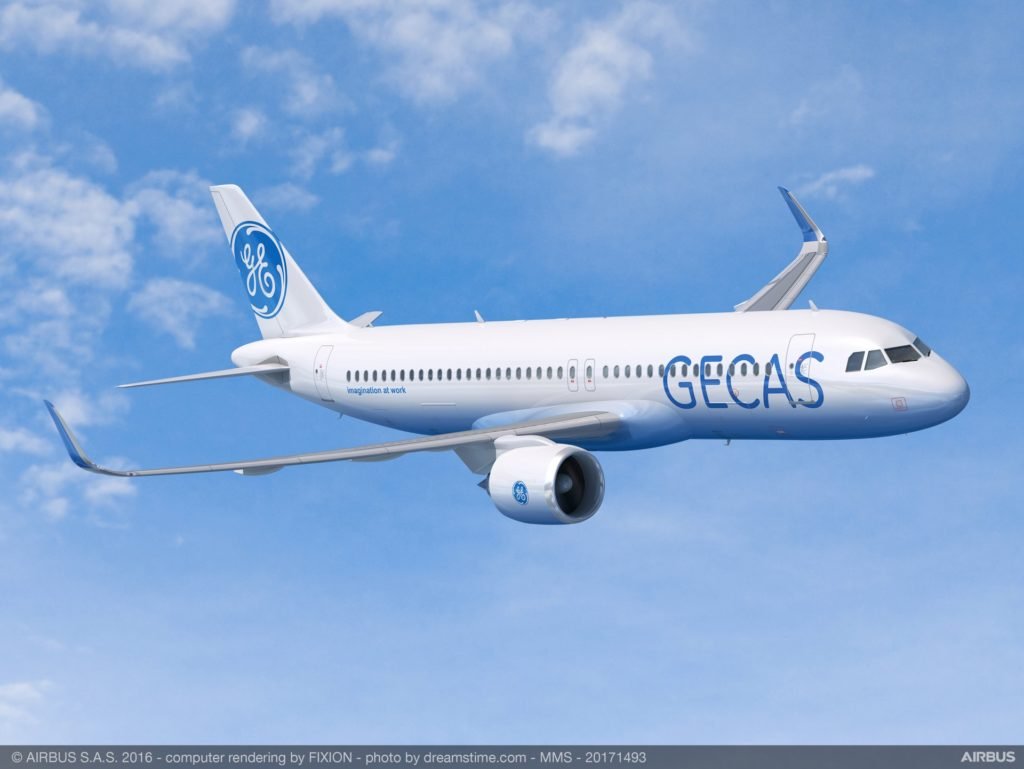Boeing Reports Third-Quarter Results
- Financial results continue to be significantly impacted by COVID-19 and the 737 MAX grounding - Proactively managing liquidity and transforming for the future - Revenue of $14.1 billion, GAAP loss per share of ($0.79) and core (non-GAAP)*…

